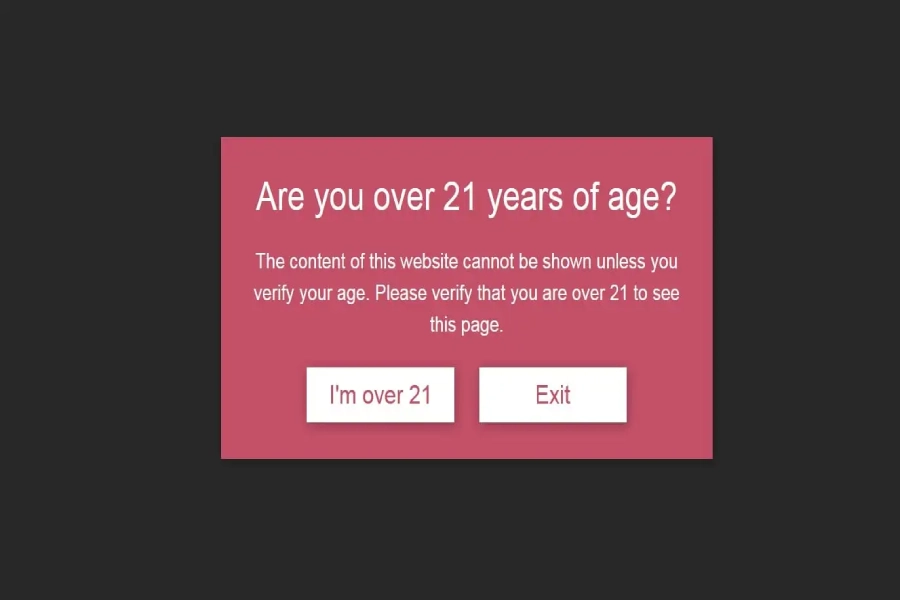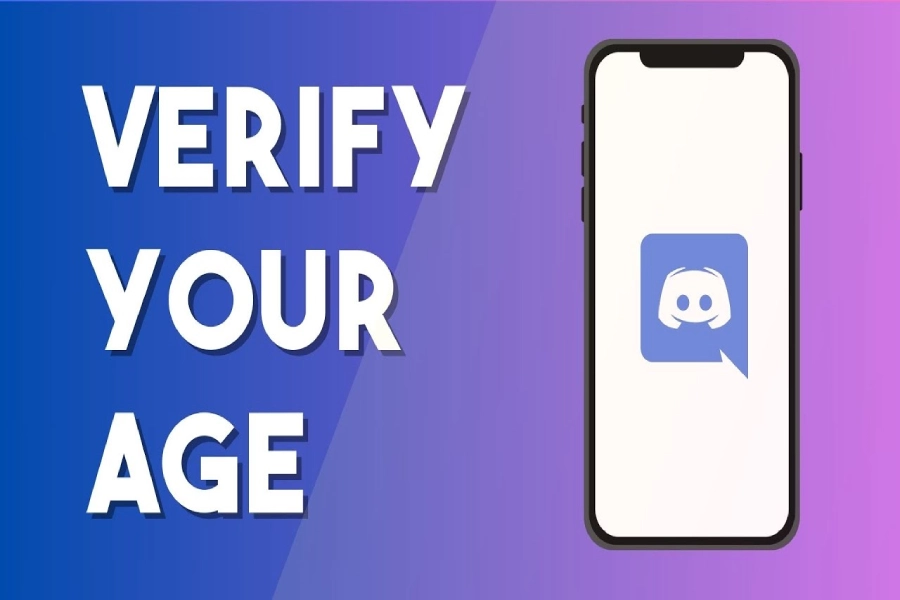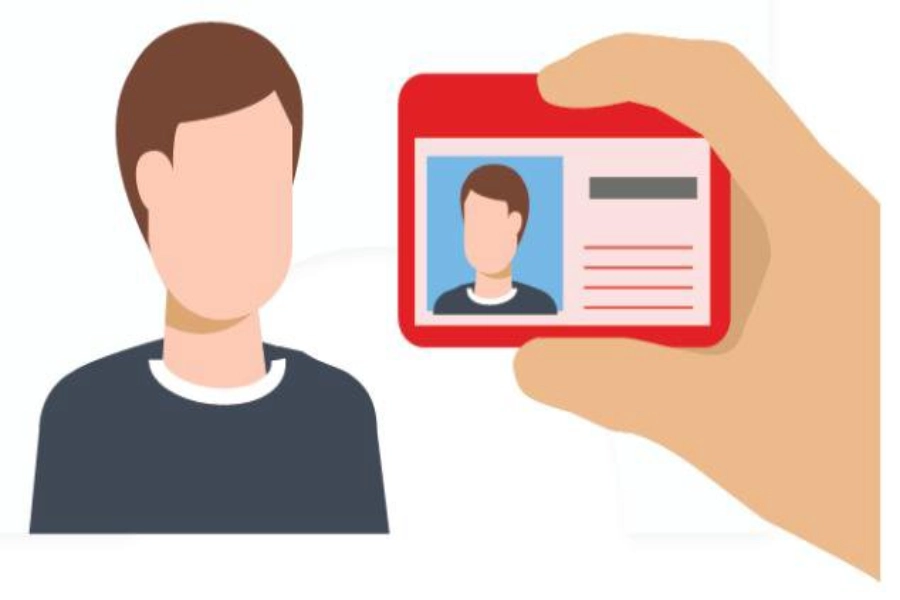In the digital age, access to adult content has become increasingly effortless, raising concerns about minors inadvertently or intentionally accessing explicit material. This has led to a surge in legislative efforts across the United States to implement age verification measures for adult content. This article delves into the necessity, legal frameworks, challenges, and implications of age verification for adult content in the U.S.
The Rise of Age Verification Laws in the U.S.
Over the past few years, numerous U.S. states have enacted laws mandating age verification for adult content websites. These laws aim to prevent minors from accessing explicit material online. As of mid-2025, states including Louisiana, Utah, Texas, Florida, and Virginia have implemented such regulations, with varying requirements and enforcement mechanisms.
For instance, Louisiana’s Act 440, effective from January 2023, requires websites with over one-third adult content to verify users’ ages through methods like government-issued IDs or transactional data. Non-compliance can lead to significant fines and legal action.
Legal Frameworks and Enforcement
Louisiana’s Act 440
Louisiana pioneered age verification legislation with Act 440. The law mandates that websites containing a substantial portion of adult content must implement age verification systems. Acceptable methods include:
-
Digitized ID cards
-
Government-issued identification
-
Commercially reasonable methods based on transactional data (e.g., mortgage, education, employment records)
Failure to comply can result in daily fines and potential lawsuits from individuals claiming damages.

Texas House Bill 1181
Texas’s HB 1181 requires adult content websites to verify users’ ages using digitized ID cards or commercially reasonable methods. The law also mandates health warnings about the dangers of pornography. While the Fifth Circuit upheld the age verification requirement, it struck down the health warning provision.
Florida’s HB 3
Effective January 2025, Florida’s HB 3 mandates age verification for users accessing adult content. The law requires websites to delete any data collected during the verification process. Non-compliance can lead to fines up to $50,000 per violation.
Methods of Age Verification
Various methods are employed to verify users’ ages, each with its own set of advantages and concerns:
-
Government-Issued IDs: Users upload scans of official identification documents. While effective, this method raises privacy concerns.
-
Credit Card Verification: Assumes that minors do not possess credit cards. However, this method is not foolproof and can be circumvented.
-
Third-Party Verification Services: Utilize databases to confirm users’ ages without directly collecting sensitive information.
-
Biometric Verification: Employs facial recognition technology to estimate age. This method is still emerging and raises ethical and privacy issues.
Privacy Concerns and Legal Challenges
While the intent behind age verification laws is to protect minors, they have sparked debates over privacy and free speech. Critics argue that mandatory ID checks infringe upon users’ privacy and could deter adults from accessing legal content.
Organizations like the Free Speech Coalition have challenged these laws, claiming they violate First Amendment rights. In Texas, the Supreme Court declined to block the state’s age verification law pending appeal, highlighting the ongoing legal complexities surrounding these regulations.

Impact on Adult Content Platforms
Major adult content platforms have responded variably to these laws. Pornhub, for instance, has restricted access in states like Florida and Texas, citing concerns over user privacy and the effectiveness of the laws. Following Pornhub’s exit from Florida, VPN demand in the state surged by over 1,000%, indicating users’ attempts to bypass the restrictions.
Effectiveness of Age Verification Laws
Studies on the effectiveness of these laws present mixed results. In Louisiana, after the implementation of Act 440, Pornhub’s traffic decreased by 51%. However, traffic to non-compliant sites like XVideos increased by 48.1%, suggesting that users may shift to platforms without stringent verification measures.
FAQs
Q1: Are age verification laws consistent across all U.S. states?
No, age verification laws vary by state, with different requirements and enforcement mechanisms.
Q2: Do these laws apply to all websites with adult content?
Generally, these laws target commercial websites where a significant portion (often over one-third) of the content is adult material.
Q3: What are the penalties for non-compliance?
Penalties vary by state but can include substantial fines, legal action, and potential shutdown of the website within the state.
Q4: How do these laws address user privacy?
Some laws, like Florida’s HB 3, require the deletion of any data collected during age verification to protect user privacy.
Q5: Are there federal laws governing age verification for adult content?
At the federal level, the Child Protection and Obscenity Enforcement Act requires producers of sexually explicit material to maintain records verifying the ages of performers. However, there is no overarching federal mandate for age verification of users accessing adult content online.
Conclusion
The necessity of age verification for adult content in the U.S. is underscored by the increasing legislative actions at the state level. While these laws aim to protect minors, they also raise significant concerns regarding privacy, free speech, and the effectiveness of enforcement. As the legal landscape continues to evolve, stakeholders must navigate the delicate balance between safeguarding youth and upholding constitutional rights.

